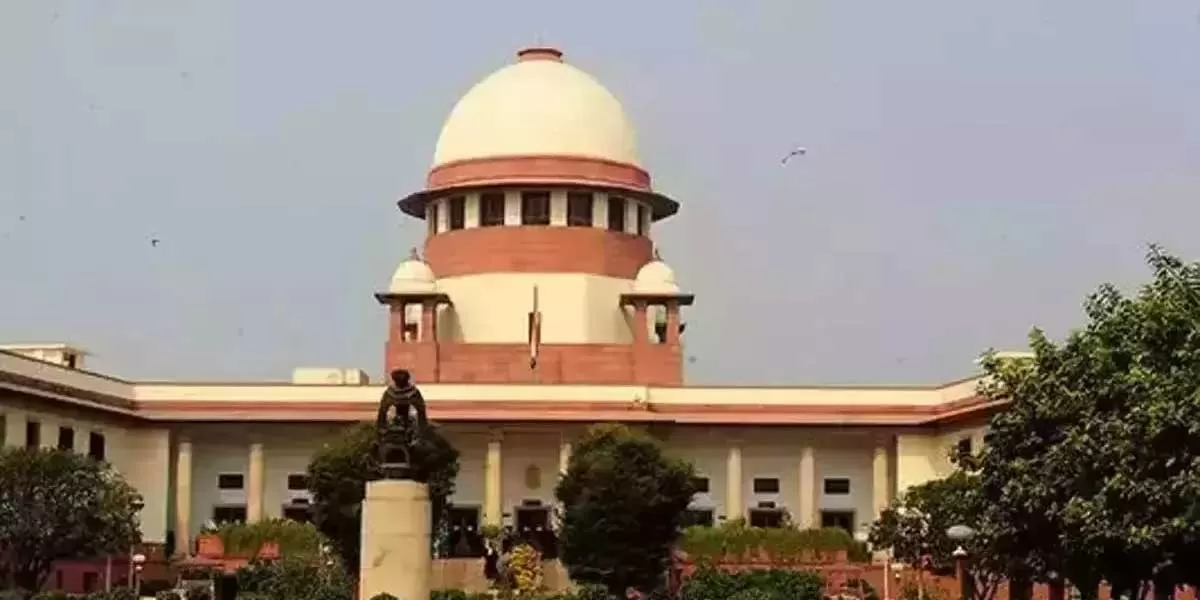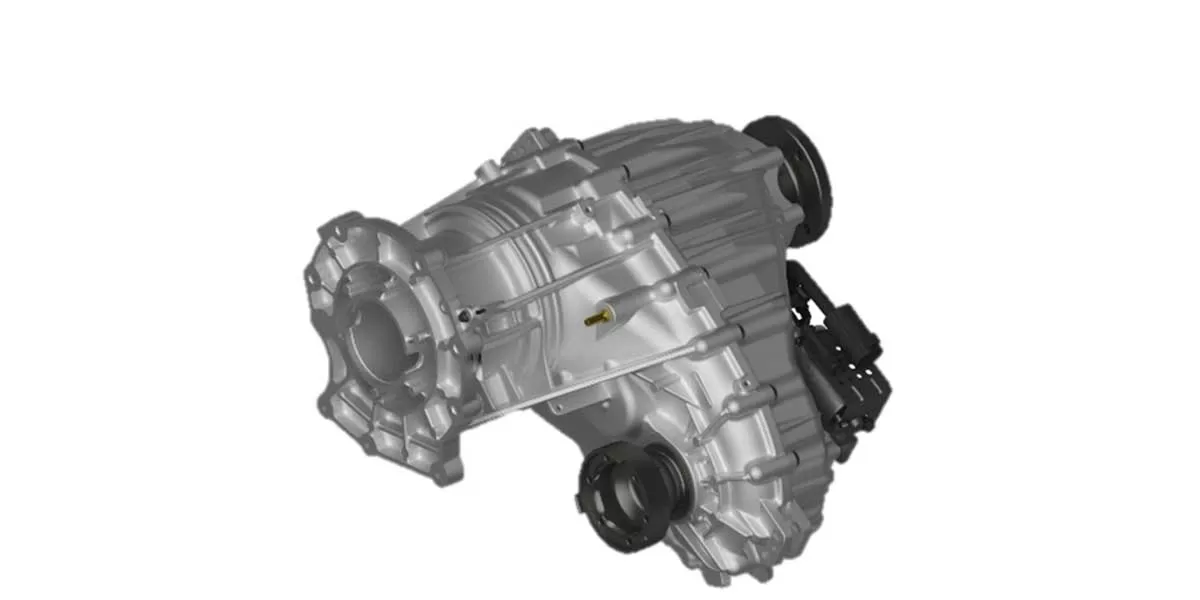
SC ruling empowers MSME promoters to submit resolution plans under IBC


GCCs to create 4.25-4.5 lakh jobs in 2024, 1 million by 2030: NLB
GCC 4.0 is expected to create 4.25–4.5 lakh new jobs this year, with 35 per cent of GCCs eyeing 50-100 per cent workforce expansion, says, ‘India’s Talent Takeoff-The GCC 4.0 story’ report by NLB Services, a leading global technology and digital talent solutions provider. The report is an in-depth analysis of hiring trends in the GCC segment for CY2025 and the outlook till CY2030. The report states that fuelled by its vast skilled workforce and supportive policies, India has emerged as the top GCC destination, and GCCs are expected to generate 1 million jobs in the next six years...

BorgWarner to Supply Transfer Cases for SAIC Maxus Exports
BorgWarner is supporting SAIC Maxus by supplying its locally developed and manufactured transfer cases. BorgWarner will provide SAIC Maxus with two types of transfer cases: an on-demand transfer case with mechanical locking and a high-torque part-time transfer case. Mass production is expected to begin in Q3 2026. “BorgWarner’s relationship with SAIC Maxus spans more than a decade. Our transfer case technology not only supports SAIC Maxus in strengthening its position in the Chinese market but also empowers its expansion into overseas markets,” said Isabelle McKenzie, Vice President of ..

Residential Supply Near Employment Hubs in NCR Soars
Magicbricks, India’s leading real estate platform, has revealed significant growth in residential demand and supply across key areas in the National Capital Region (NCR), particularly in locations near IT parks, industrial zones, and commercial hubs. These strategically located regions, benefiting from superior connectivity and infrastructure development, are attracting homebuyers and investors alike. According to the latest insights, Techzone 4, Greater Noida has recorded a remarkable 449 per cent Year-on-year (YoY) increase in supply, while Sector 89, New Gurugram has reported a 300% YoY ..













